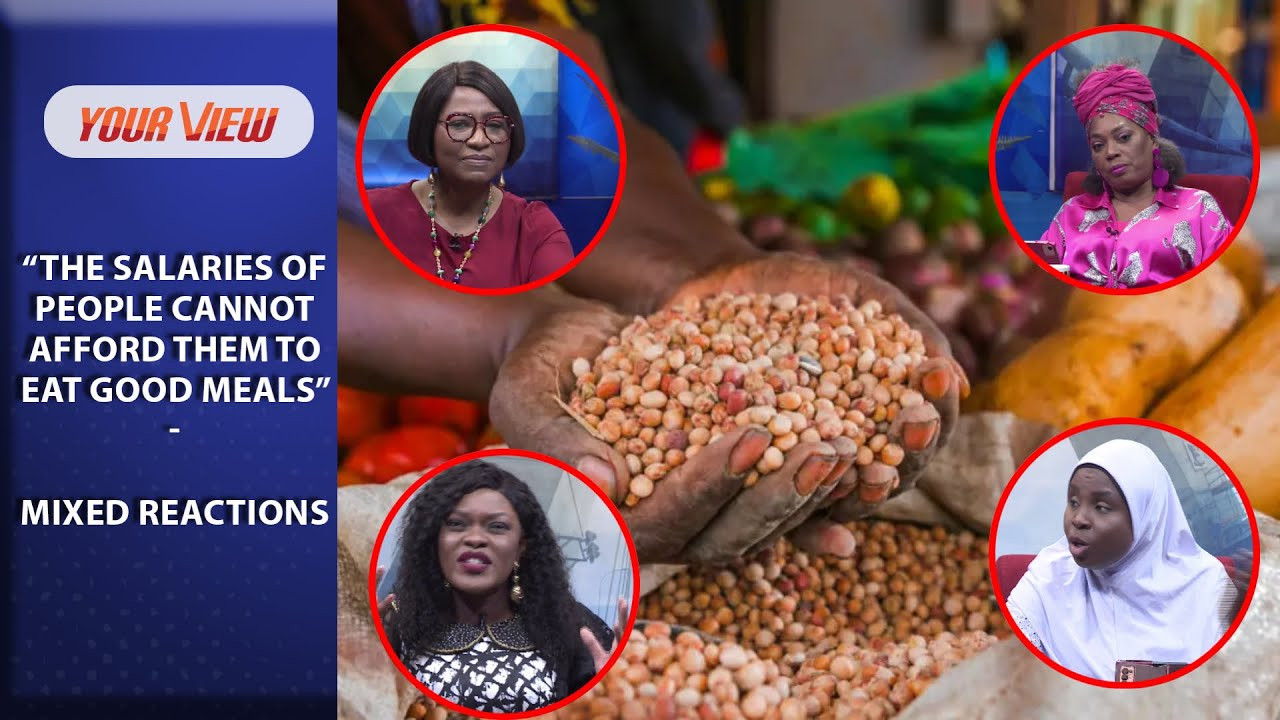In Colorado, you’re never too far from Rocky Mountain snowmelt, so it’s no surprise that an annual competition for the state’s best-tasting water ended in a three-way tie. However, after a sudden-death sip-off, Denver took home the gold.
The taste test, held at the American Water Works Association Rocky Mountain Section conference in Keystone, pitted eight submissions from around the state against one another. Bronze and silver also went to Front Range cities. Louisville took second and Broomfield took third.
The first place city chalked its success up to hard work from employees who work on water from “source to tap.”
“We’ve got people working 24/7, 365 to keep it tip-top,” said Nick Yarish, a water treatment plant supervisor with Denver Water.
The panel of six judges, each blindly testing and rating samples from each city, included an environmental engineer, a farmer, a utility manager and this reporter. Victor Sam was perhaps the most expert among them. Sam, an environmental engineer whose work has focused on water taste and odor, said Denver’s water was “the most versatile.”
“What that means is I can mix Kool-Aid with it and it’ll be great,” he said, “Or just drink it out of the hose and it’ll be great.”
While water might seem tasteless, the stuff that flows out of your home tap is often carefully balanced to include a certain mix of minerals in an attempt to leave water drinkers feeling quenched.
When it comes to judging a competition, Sam said the “best” water is truly a matter of personal preference. Different people, he said, will often prefer one water over another based on where they live or grew up.
“It’s what brings back great memories,” he said. “For me it’s camping or hiking, so that’s why I prefer mountain water. It’s really a personal feeling.”
The Technology Woes
The state of Colorado has a long-standing problem with its technology system, specifically the Colorado Benefits Management System (CBMS), which manages various government benefits, including food assistance, Medicaid, and child support. This system, launched in 2004, has been plagued by malfunctions and outages, causing delays and hindering the timely delivery of crucial assistance to families in need. The system's problems have been a source of frustration for state workers and county officials alike, who have witnessed its unreliability firsthand. The state's reliance on multiple vendors and a complex web of 700 websites has further compounded the difficulties in maintaining and fixing the system.
The Impact of Malfunctions
The repercussions of these malfunctions are felt most acutely by those who rely on government assistance, particularly food assistance programs. When the system goes down, county offices are unable to process applications, resulting in delays in receiving crucial benefits. In Jefferson County, for example, a recent malfunction led to a one-third reduction in applications processed, meaning approximately 200 families were denied timely assistance. This disruption has far-reaching consequences, potentially leading to food insecurity for families who depend on these programs for their daily sustenance.
The Scale of the Problem
The impact of CBMS malfunctions extends beyond individual counties. According to Colorado Counties Inc., the state's 11 largest counties miss out on assisting an estimated 850 families for every 30 minutes the system is down. This means that during a significant outage, potentially thousands of families could face delays in receiving critical benefits. The cumulative effect of these outages can be substantial, impacting the lives of countless Coloradans.
Struggling Counties
The state's struggle with CBMS has highlighted the disparities in processing times across different counties, exposing a significant challenge in ensuring equitable access to food assistance. Some counties, like San Juan County, have reported processing only a fraction of applications on time, while others, such as Costilla County, have been hampered by staff turnover and the challenges of serving a rapidly growing population of welfare recipients. These disparities underscore the need for a more robust and reliable system that can support counties in their efforts to provide timely and efficient assistance to those in need.
Jefferson County's Challenges
Jefferson County has been particularly hard-hit by the CBMS malfunctions. The county has seen a significant increase in applications for food assistance, and its backlog of applications has reached a critical level. The county's eligibility specialists, tasked with processing these applications, have been forced to work overtime to manage the workload, highlighting the strain the system is placing on county resources. Jefferson County's experience illustrates the immense burden placed on local governments by a failing state-level technology system.
A Call for Action
The state's continued struggles with CBMS have prompted calls for a comprehensive review of the system, with some advocating for its replacement. Colorado Counties Inc. has called for a third-party evaluation to determine the system's viability and whether it can be effectively repaired. This call for action underscores the urgency of addressing the issue and ensuring that the system is capable of fulfilling its crucial role in supporting Coloradans in need.
The Need for a Solution
The challenges faced by Colorado's food assistance system are far from unique. Many states grapple with outdated technology systems and the burden of processing an increasing number of applications. While Colorado is making progress in improving its processing times, it still falls short of national standards. The state must prioritize a solution that addresses the system's flaws and creates a more reliable and efficient system for delivering critical assistance to those who need it most.
A Bright Spot
Despite the challenges, there are positive signs of progress in certain counties. Adams County has implemented measures to address staff turnover and improve work conditions, leading to a reduction in vacancy rates. El Paso County has seen improvements in processing times after streamlining processes and automating data entry. These successes demonstrate the potential for positive change, highlighting the importance of ongoing efforts to improve efficiency and provide better support to counties struggling to manage the food assistance system.
The state's food assistance system is a critical lifeline for many Coloradans, and its effectiveness is paramount to ensuring the well-being of those in need. The systemic challenges presented by CBMS underscore the need for a comprehensive and timely solution that ensures timely delivery of assistance to all eligible Coloradans. It's a complex issue that requires a collaborative effort from state and local governments to ensure a more resilient and effective system for the future.


















